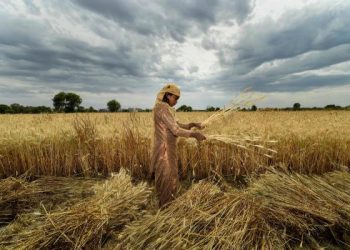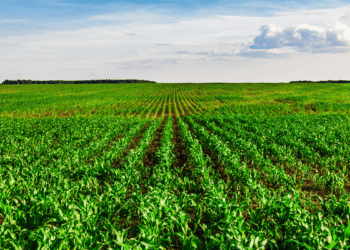TAD News Desk, New Delhi: India’s largest B2B producer of the fresh supply chain, Ninjacart has partnered with agritech platform Kilofarms to produce residue-free tomatoes under the Ninjacart’s vision of ‘Safe food for Billion people’.
Shiram Institute for Industrial Research, Bangalore has cleared the first batch of the residue-free tomatoes produce, and the batch also meets the 2013-14 listicle of NABARD for being tagged as residue-free consumable produce.
By February 2021, Ninjacart along with its partner Kilofarms is optimistic about getting 8 more residue-free crops including muskmelon, watermelon, chillies, potatoes, ridge gourd, ladies finger, with the aim of meeting the requirements of a billion consumers in meaningful ways, and it plans to further to the cultivation of 18 such crops by July 2022.
Residue-free crops are not necessarily organic, with no harmful chemicals, and are produced with optimal farm inputs. Safe food for billions can be achieved through the scalable, safe, affordable residue-free crops. India has been the exporter of residue-free crops, but for the first time, this method is made available for the local market.
The input cost for organic farming, which was given more emphasis, is quite high and are not affordable for farmers, whereas the residue free crops with their optimal input can prove effective in cultivating chemical-less safe crops. The partners have utilized their strengths to devise a technologically aware method to assist farmers in cultivating finest grade of residue-free crops, such as automatic drip irrigation machine.
More efficiency would be achieved through this device which would inform the farmers about the water-level required in the field through its moisture censor; as the water content impacts the scale of production. Farmers can irrigate the field parts where water is required and wastage of water would also be minimized.
Farmers would be able to cultivate and look over 30-40 acres of farm in a day through an app interface which would perform fully automated processing and the production cost would match that of conventional farming with 1rs. per Kg more. Residue-farming would be made scalable by the end of February 2021.
“Ninjacart’s ambition since inception has been to ensure safe food for all, and with the introduction of our first residue-free produce we’ve come closer to that dream. We are extremely happy with what we’ve been able to accomplish and are excited to continue this journey with Kilofarms. Combining our knowledge of the supply chain ecosystem with their technology prowess, we will continue to stay steadfast in our goal and expand these methods to even more crops by next summer,” said, Thirukamaran Nagarajan, CEO and Co-founder of Ninjacart, during an announcement of the first set of successful residue-free vegetables.
“We are happy to have partnered with Ninjacart in their vision to ensure safe food to billions of people. Ninjacart’s experience and our tech-enabled solution, together has helped us to produce the first residue-free batch of tomatoes. We are excited to replicate the solution for other fresh produce and normalise residue-free produce in the market and among consumers,” spoke Jerome Jesuraja Arokiasamy, Co-founder and CEO at Kilofarms.
Foodprint, introduced by Ninjacart, earlier this year, is food-traceability infrastructure, which traces vegetables and farm products from farm to home. It traces the crop from fields to harvesting, transportation, warehouse procession, helper hands, retailers and, to the consumer.
Source – Agriculture Times









